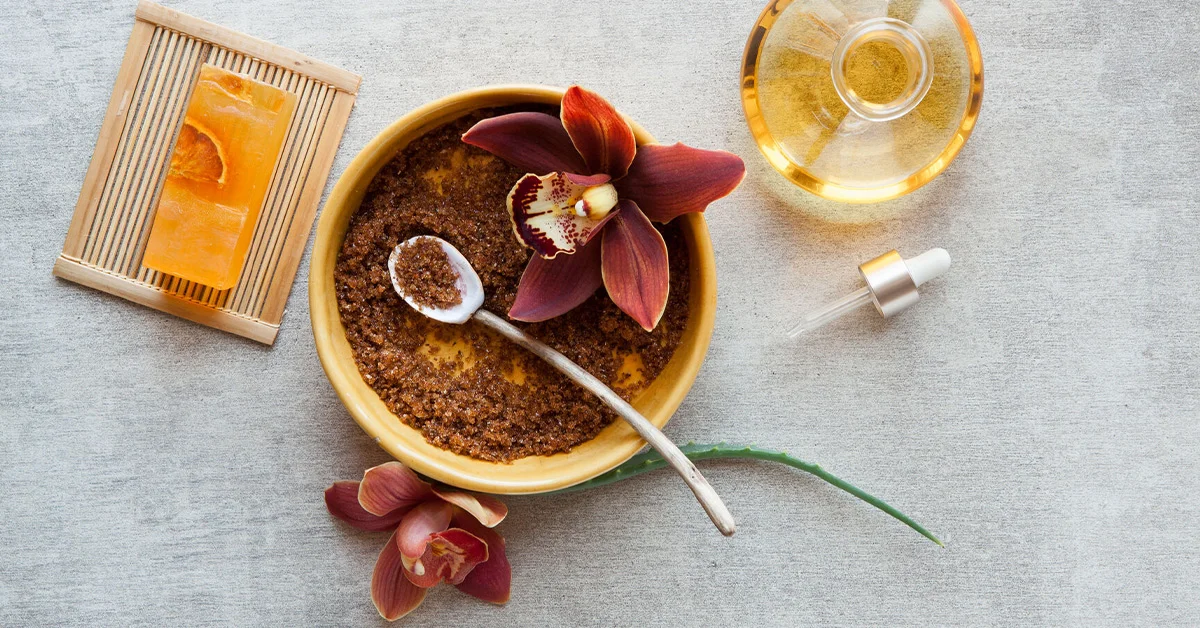Exfoliating is a critical step in any skincare routine, as it helps to remove dead skin cells and unclog pores, leaving your skin looking bright and refreshed. However, it’s essential to exfoliate correctly to avoid damaging your skin or over-exfoliating. Here are some beauty tips for exfoliating that can help you achieve healthy, glowing skin:
- Choose the right exfoliator: There are two types of exfoliators: physical and chemical. Physical exfoliators contain small particles that physically scrub away dead skin cells, while chemical exfoliators contain acids that dissolve dead skin cells. Both types can be effective, but it’s important to choose one that’s appropriate for your skin type. If you have sensitive skin, a chemical exfoliator like lactic acid or glycolic acid may be a better choice, as physical exfoliators can be too harsh.
- Exfoliate once or twice a week: It’s important not to over-exfoliate, as this can damage your skin’s natural barrier and cause irritation. Most people should aim to exfoliate once or twice a week, depending on their skin type and the strength of their exfoliator. If you’re using a physical exfoliator, be sure to use gentle, circular motions to avoid scrubbing too hard.
- Don’t forget to moisturize: Exfoliating can be drying to the skin, so it’s important to follow up with a moisturizer to keep your skin hydrated and healthy. Look for a moisturizer containing hydrating ingredients like hyaluronic acid or ceramides.
- Be gentle around sensitive areas: When exfoliating, be sure to avoid sensitive areas like your eyes and lips, which can be easily irritated. Use a gentle touch around these areas or avoid them altogether.
- Use sunscreen: Exfoliating can make your skin more susceptible to sun damage, so it’s essential to wear sunscreen when you’re exfoliating. Look for a sunscreen with at least SPF 30 and apply it after your moisturizer.
- Don’t exfoliate if you have active breakouts: If you have active breakouts or inflamed skin, it’s best to avoid exfoliating until your skin has healed. Exfoliating can exacerbate these issues and cause further irritation.

Exfoliating is an essential step in any skincare routine, as it helps to remove dead skin cells and unclog pores, leaving your skin looking bright and refreshed. By choosing the right exfoliator, exfoliating once or twice a week, moisturizing, being gentle around sensitive areas, using sunscreen, and avoiding exfoliating if you have active breakouts, you can help achieve healthy, glowing skin. Remember to be consistent in your skincare routine and to choose products that are appropriate for your skin type.

